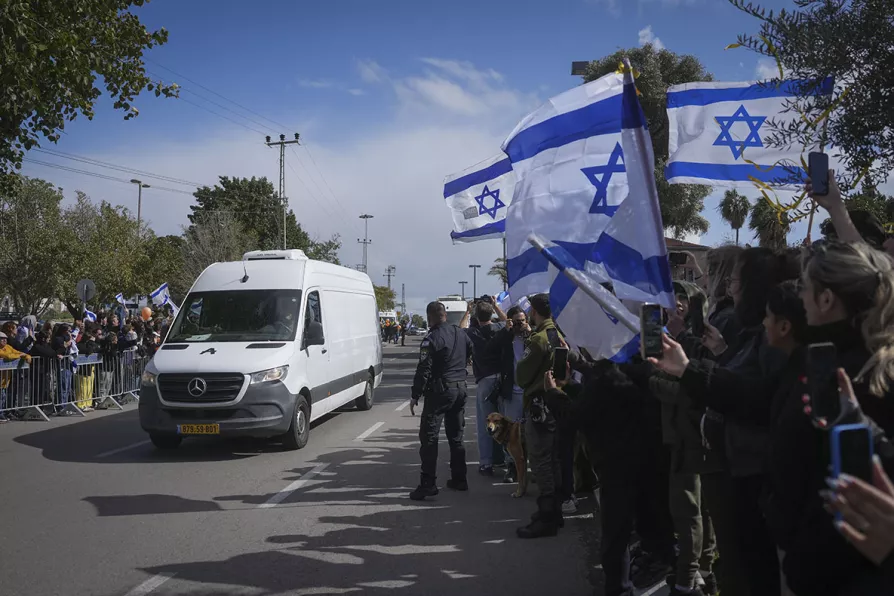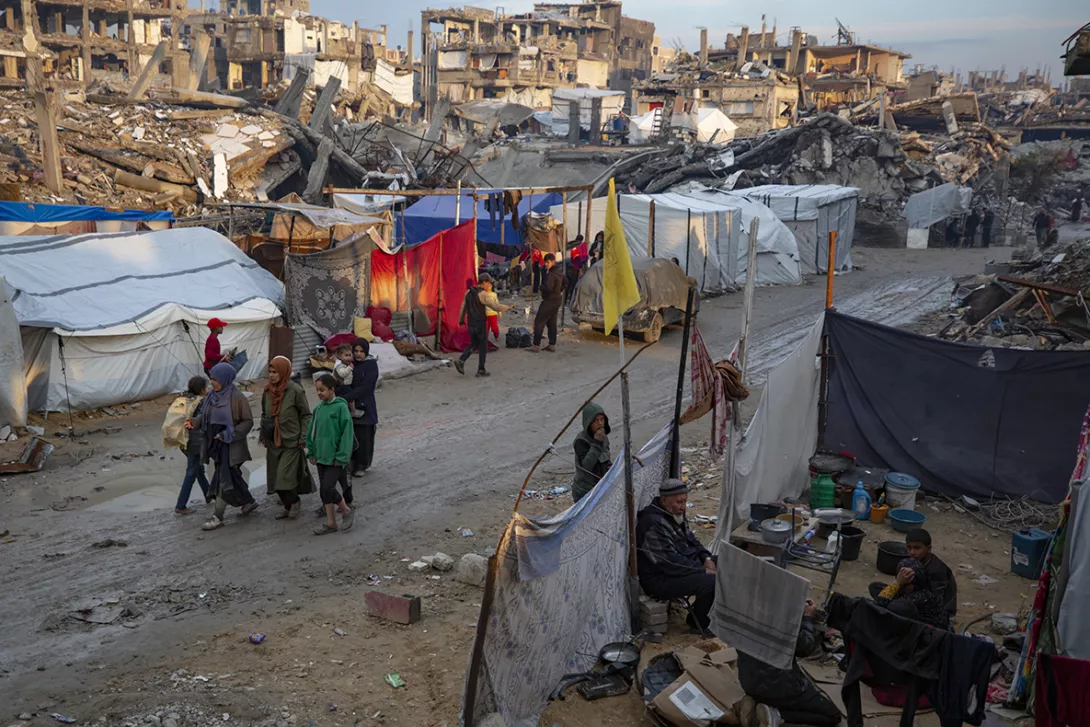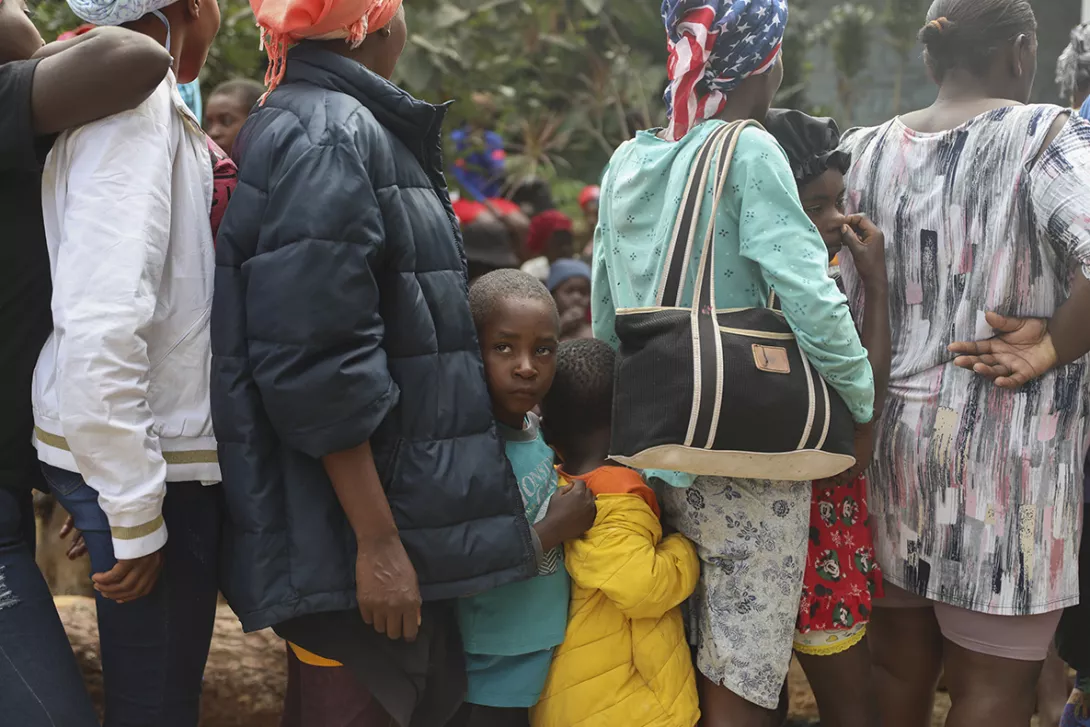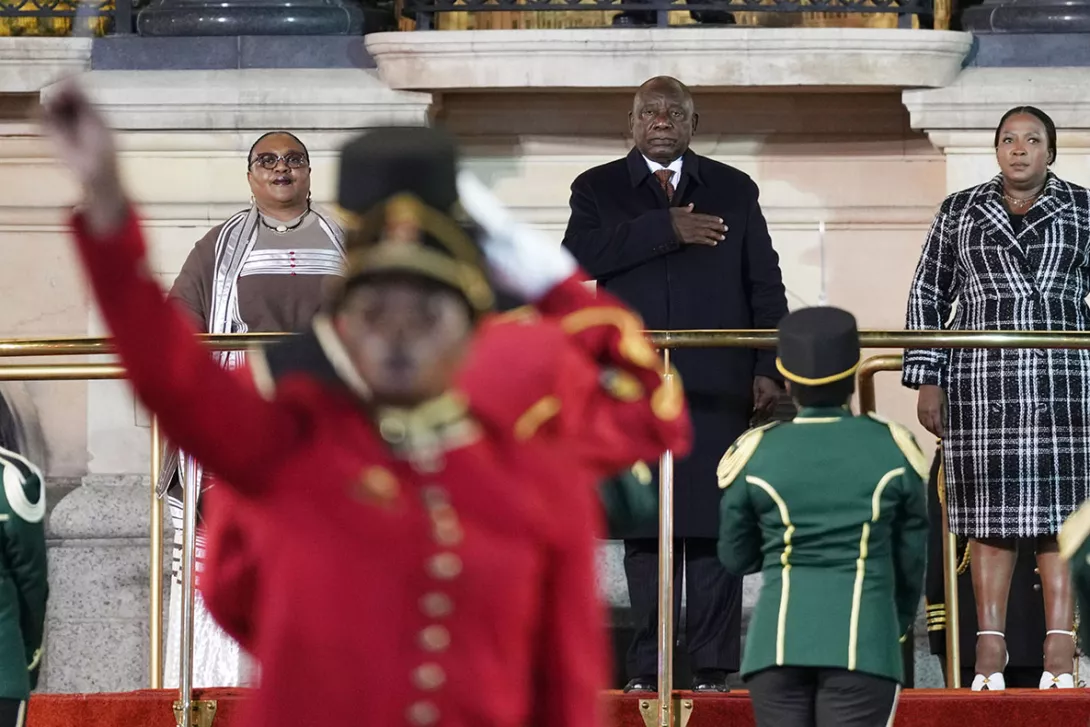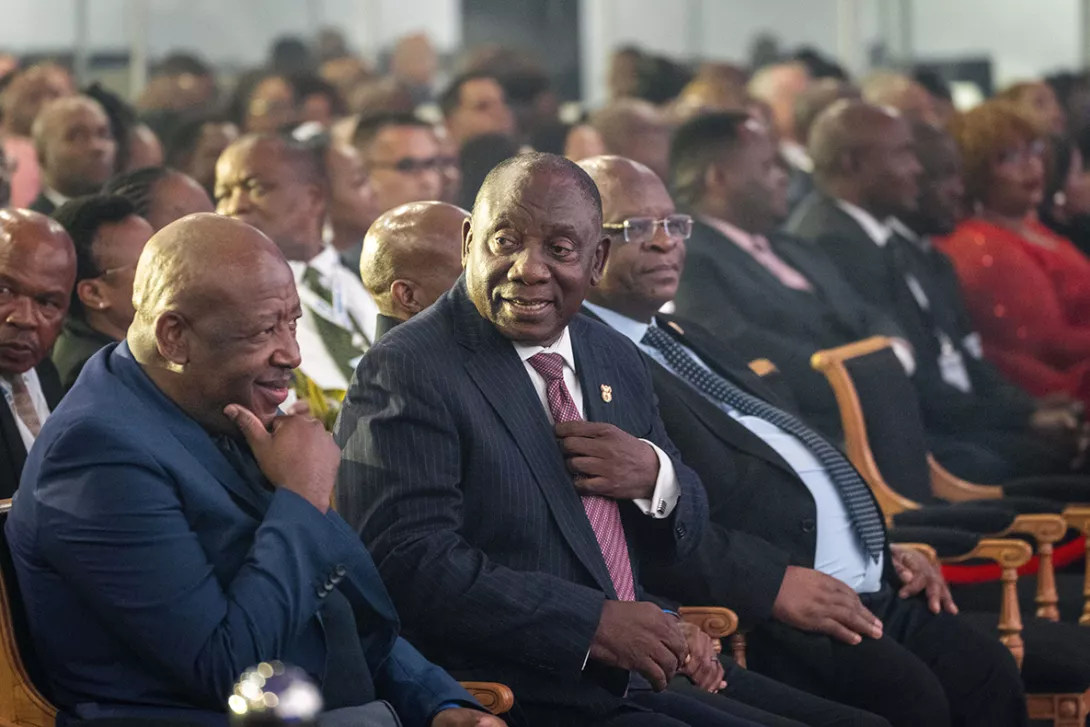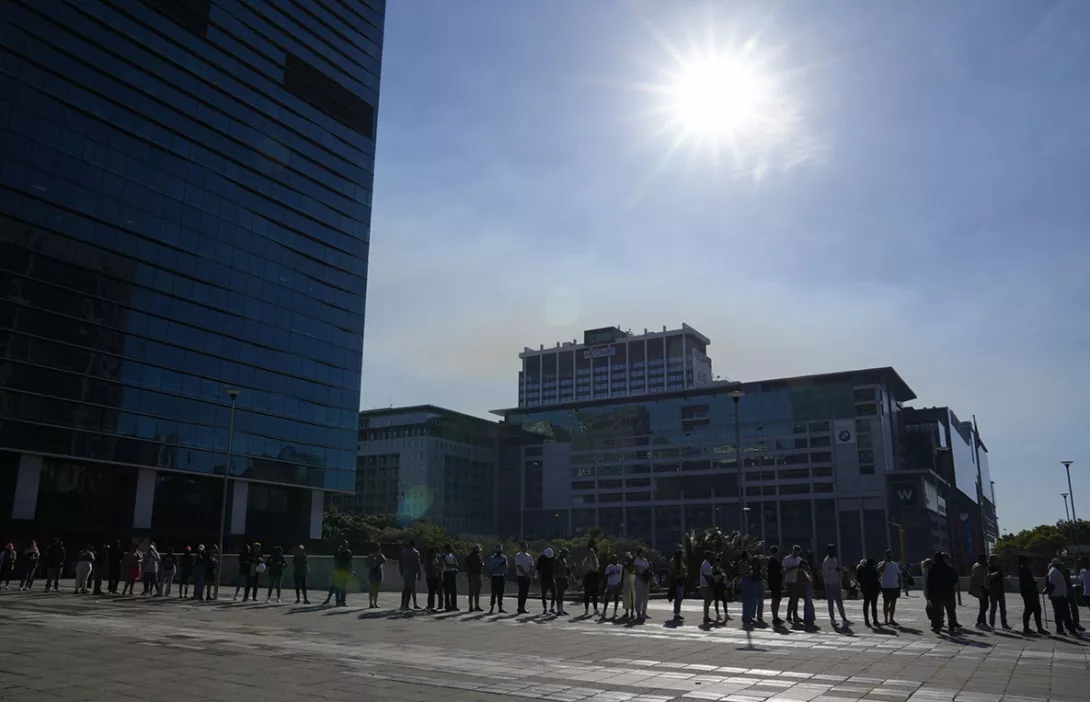South Africa celebrates 30 years since the end of apartheid
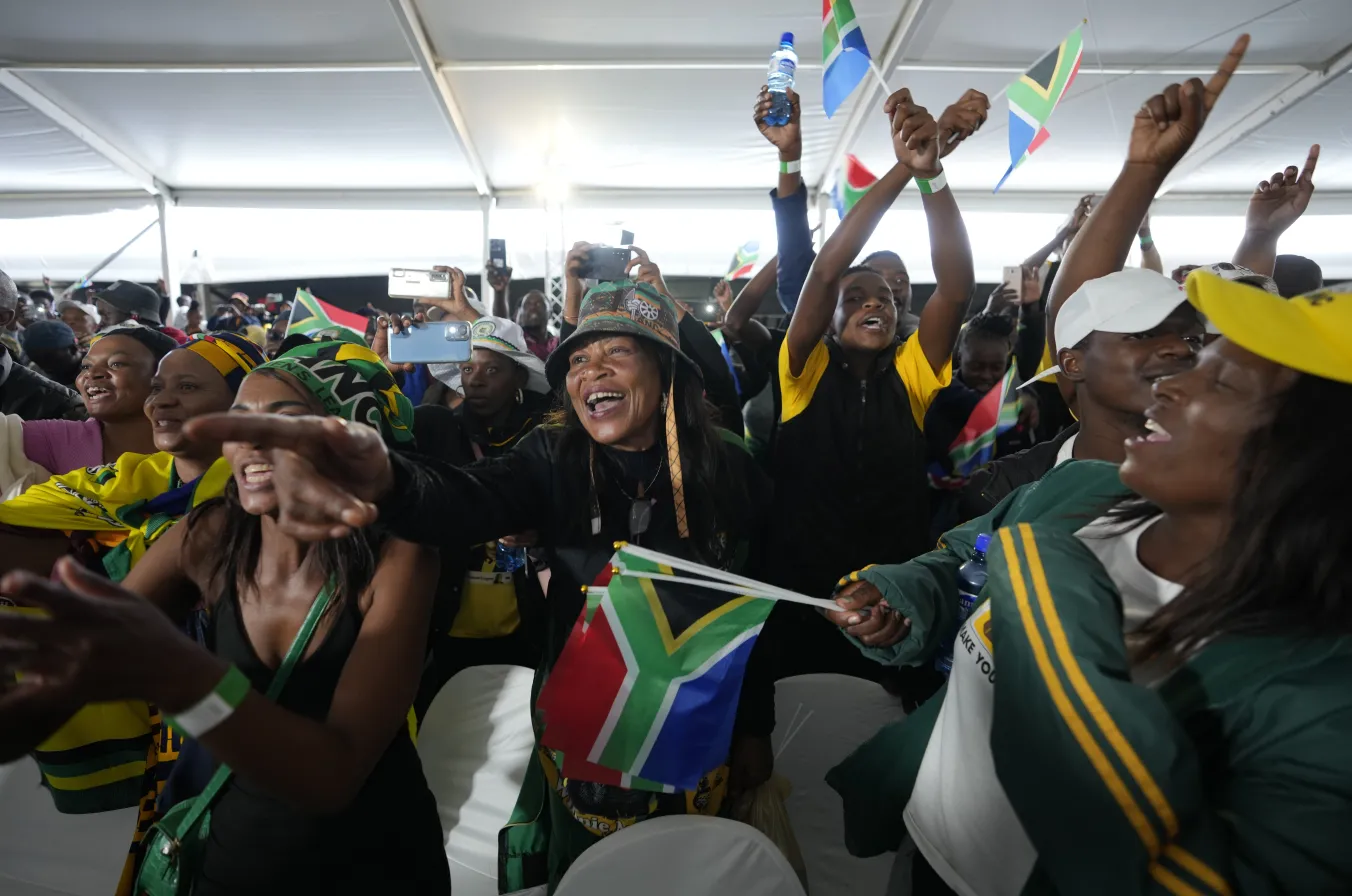
SOUTH AFRICA has celebrated the 30th anniversary of the end of the racist apartheid regime and the founding of its new democracy.
Yesterday’s occasion was marked with a ceremony in the capital Pretoria that included a 21-gun salute and the waving of the nation’s multicoloured flag.
The African National Congress (ANC) has been in power ever since April 27 1994, the first democratic election that officially ended apartheid when black people were allowed to vote for the first time.
More from this author
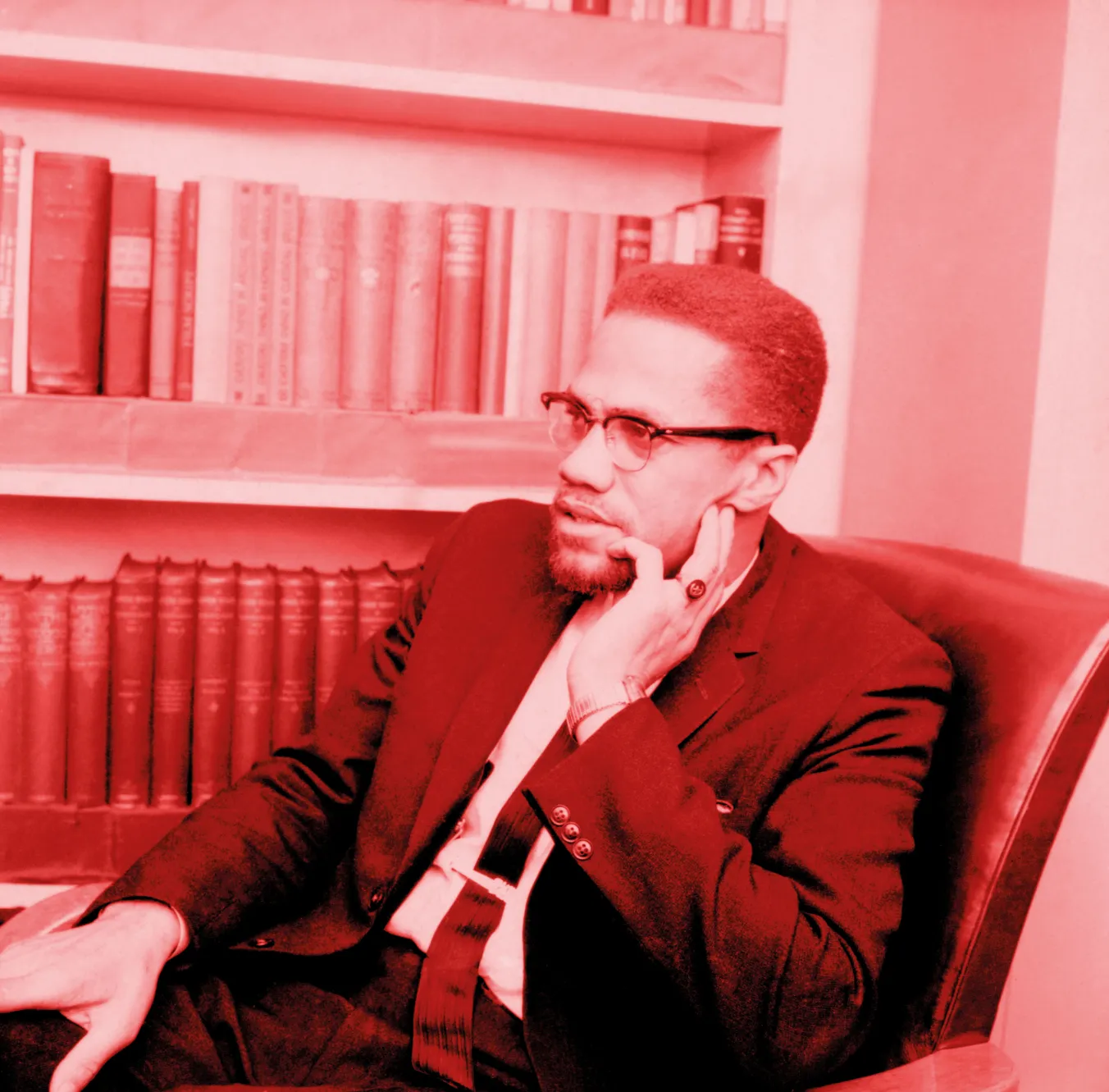
ROGER McKENZIE looks back 60 years to the assassination of Malcolm X, whose message that black people have worth resonated so strongly with him growing up in Walsall in the 1980s
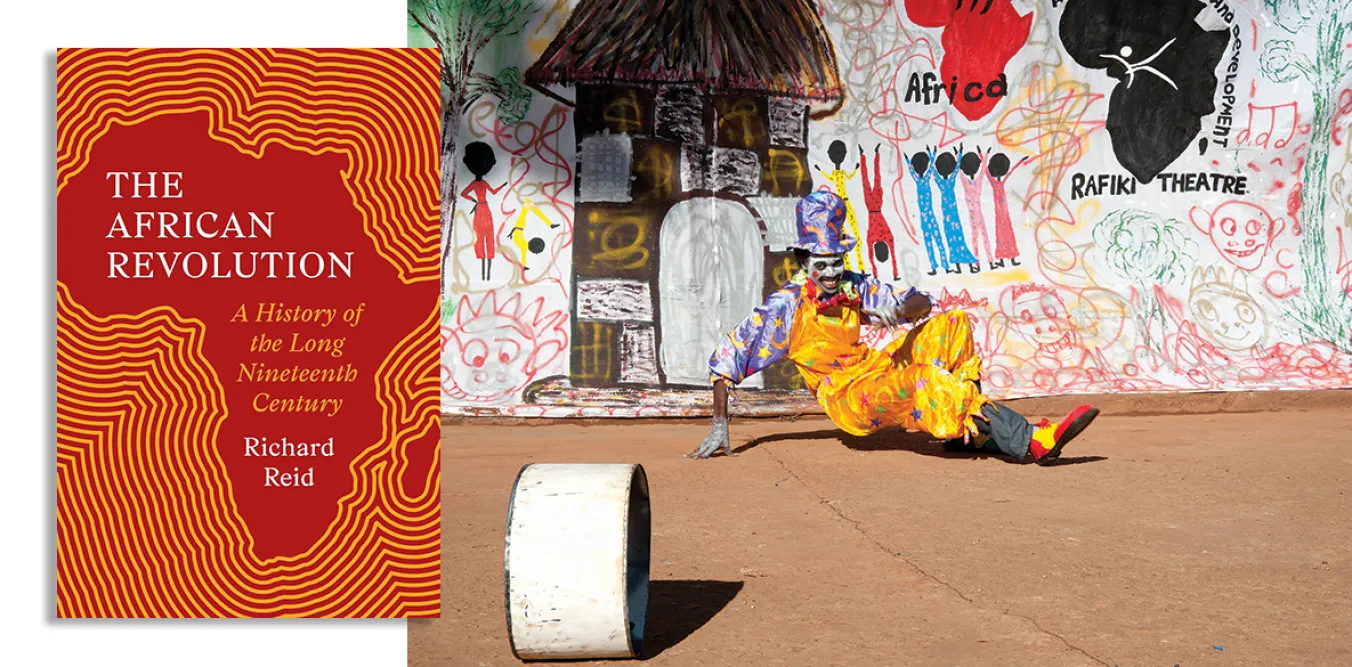
ROGER McKENZIE welcomes an important contribution to the history of Africa, telling the story in its own right rather than in relation to Europeans


